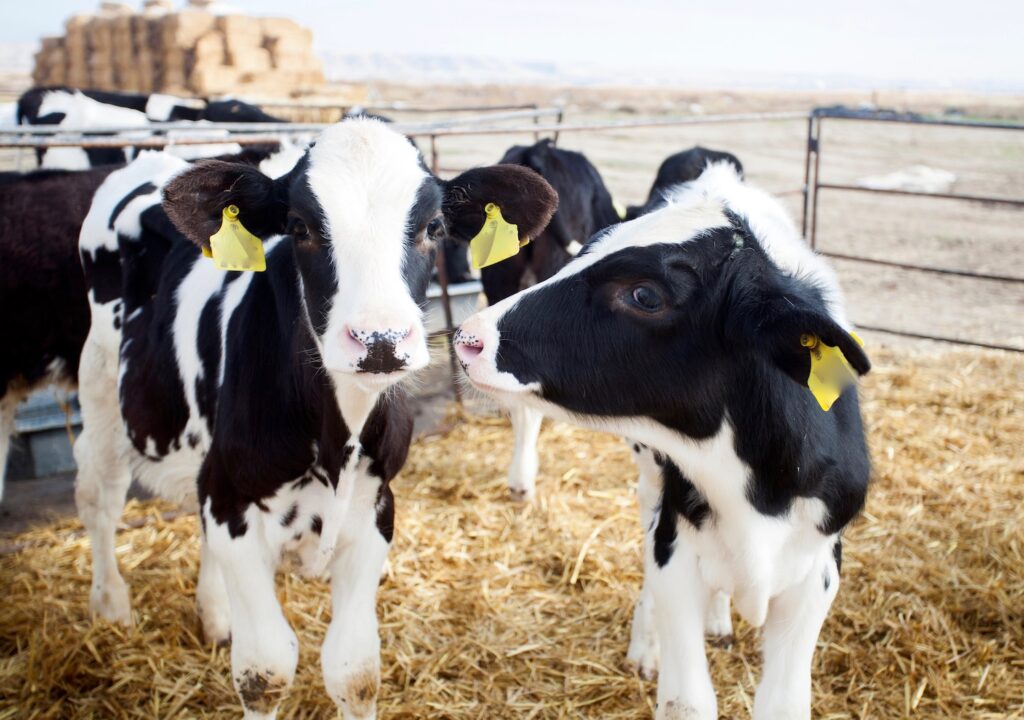Social media debate prompts reminder on legal requirements for calf feeding
16th September 2022
As farmers face severe cost pressures, the Ruminant Health & Welfare group has issued a reminder of the legal requirement to provide calves with at least two milk feeds a day until 28 days of age.
The reminder from RH&W steering group follows a debate on social media about whether farmers can switch to once-a-day feeding of milk to calves in the first 28 days of life.
Most dairy farmers follow best practice guidelines and the legal requirement to provide calves with a milk ‘liquid’ feed at least twice daily during the first month and beyond, RH&W said. However, the group believes there is still a need to stress the importance of the ‘twice a day’ guidance.
Despite claims in the past that once-a-day feeding accelerates rumen development, the Animal Welfare Council has found no evidence to support this.
Feeding calves only once a day is in fact illegal and contravenes Red Tractor and other farm assurance scheme standards. Research has also shown that it can potentially lead to abomasal disorders.
In an effort to remind all industry stakeholders of the legal situation, Defra issued the following statement: ‘The Welfare of Farmed Animals (England) Regulations 2007 Schedule 6, paragraph 12 states that all calves must be fed at least twice a day.’
RH&W highlighted the importance of feeding calves twice daily until the rumen sufficiently develops at around 28 days of age. This enables the digestion of fibrous food and provide the calf with adequate nutrition going forward.
Twice-a-day feeding also supports optimal growth and development to achieve the recommended age at first calving of 24 months. Heifers calving at this age have previously demonstrated increased lifetime fertility, milk production and survival, leading to optimal economic efficiency.
Increased milk feeding now recommended
According to a 2015 report by the Farm Animal Welfare Committee (FAWC), calf feeding practices have shown inconsistent trends in the past. However, it is now recommended that dairy calves are fed considerably more milk powder or whole milk than previously.
Providing more milk not only promotes the health and wellbeing of calves, but also increases daily weight gain and growth rates as young animals can convert feed more efficiently. The first few months of life also provide the basis for a heifer’s future performance, making sufficient milk feeding a worthwhile investment.
According to a 2020 study, several farmers reported positive changes, including improved calf health following an increase in milk allowance. The results suggest previous milk rations failed to meet the nutritional needs of calves, negatively affecting immune function.
RH&W concluded its statement by advising: […] Post 28 days, once calves are consuming reasonable amounts of starter and fibre, milk feeds can be reduced, as concentrate and forage will start to constitute part of the twice daily feeding requirements moving forwards.’

